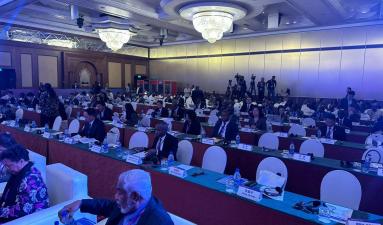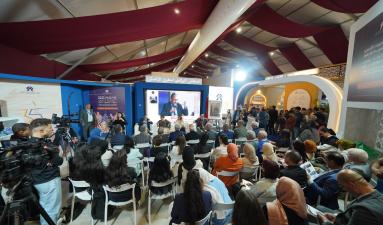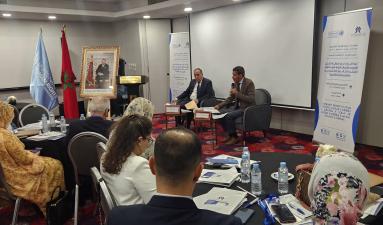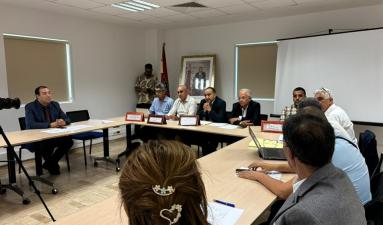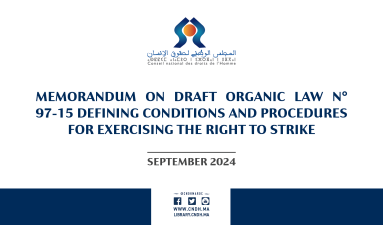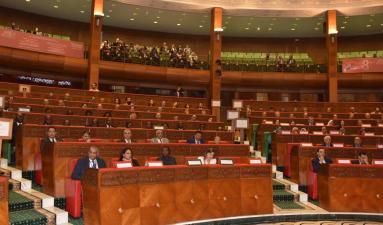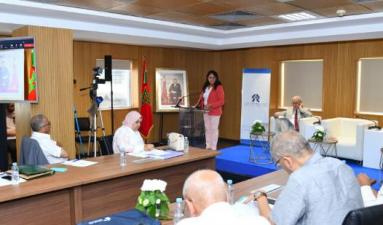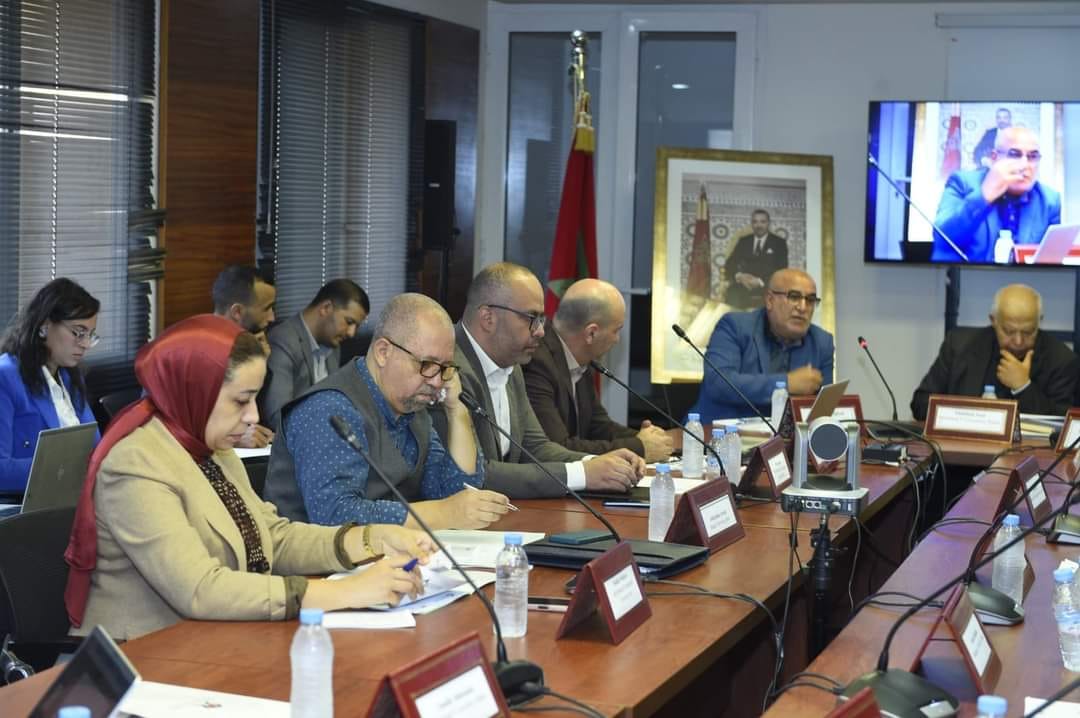
Ms. Amina Bouayach, Chairperson of the National Human Rights Council (CNDH), emphasized that territorial justice is crucial for developing effective public policies that consider local contexts, strengthen territorial governance, and foster citizen participation, all of which are key elements in protecting fundamental rights and mitigating social inequalities.
Ms. Bouayach’s statement was delivered on her behalf by Mr. Abdelmajid Belghazal, Advisor to the CNDH Chairperson, at the opening of the Seventh International Symposium on "Disparities and Redistribution Policies in North Africa," organized by the Center for Studies in Social Sciences Research (CERSS) in collaboration with the CNDH. The symposium took place on Saturday, November 9, 2024, at the Rabat-Driss Benzekri Institute for Human Rights, Morocco.
In her address, Ms. Bouayach underscored the pivotal role of civil and political actors in implementing social justice mechanisms and reducing disparities. She highlighted the importance of education, citizen engagement, and gender equality as fundamental elements in strengthening social cohesion, reducing inequalities, and achieving social justice.
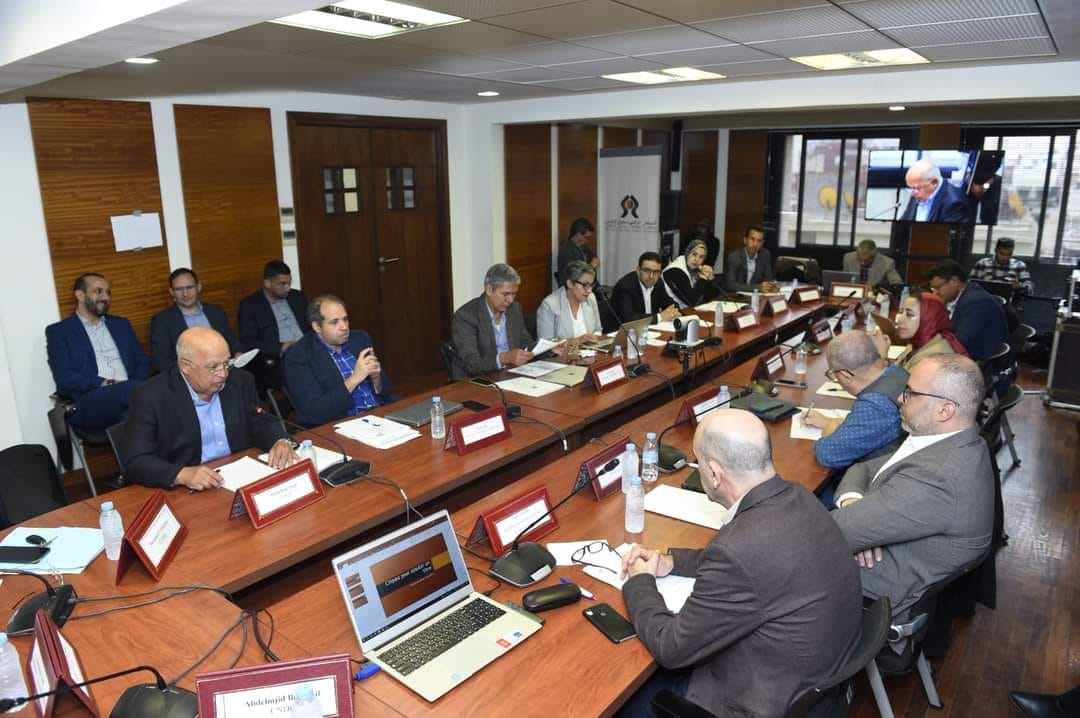
Ms. Bouayach stated that the CNDH attaches great importance to issues of social justice and is committed to continuously supporting civil society actors. The CNDH promotes human rights and freedoms through a strategy grounded in the effective implementation of rights, equality, and the pursuit of both social and territorial justice.
At this symposium, experts and researchers discussed mechanisms to address disparities through various approaches. The exchange included reviewing various experiences on social justice and redistribution policies, aiming to formulate a comprehensive vision for addressing inequalities and promoting justice North Africa.
The event also served as a platform to explore the pressing social and economic challenges facing the North Africa region in the aftermath of the 2011 context. The symposium sought to identify the necessary policy frameworks to reduce disparities and promote social justice across the region.

